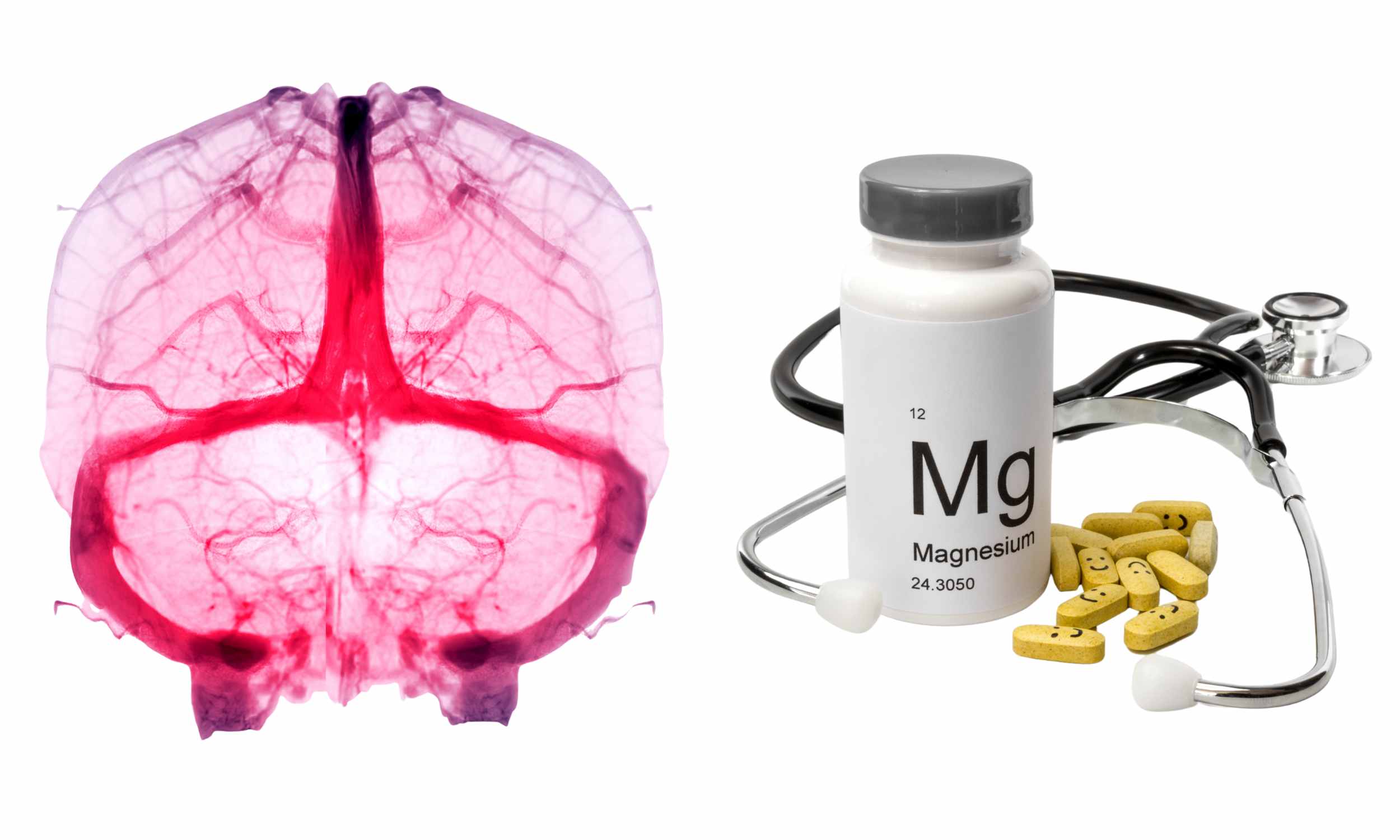
Often overshadowed by more widely recognized nutrients, magnesium plays a vital role in enhancing our mental clarity and physical vitality.
This essential mineral is crucial for regulating nerve and muscle function, and it may even help to stabilize mood fluctuations. However, many individuals are unaware of its importance for maintaining optimal brain health.
One particular form of magnesium has shown remarkable potential in safeguarding memory and cognitive functions.
As highlighted by neurologist Alejandro Andersson, the director of the Neurology Institute of Buenos Aires, magnesium threonate is especially beneficial for individuals looking to enhance their cognitive abilities and memory recall.
He noted its promising applications in managing neurodegenerative disorders and preventing cognitive decline.
The Role of Magnesium in Brain Health
Many people tend to link magnesium solely to alleviating muscle cramps or combating fatigue. However, insufficient levels of this crucial mineral can affect far more than athletic performance.
Neurotoxins and various other stressors can put a strain on our nervous system when magnesium is lacking. Maintaining proper magnesium levels may help protect the brain regions associated with reasoning and creativity.
Researchers at Tsinghua University found that increasing magnesium levels in the brain can enhance both short- and long-term memory in animal studies.
The findings suggest that magnesium boosts the number of functional connections among neurons.
Enhancing Neural Connections
A healthy balance of glutamate supports effective communication between nerve cells. Excessive amounts of this neurotransmitter can lead to overstimulation, and magnesium plays a key role in regulating it.
Additionally, magnesium interacts with gamma-aminobutyric acid (GABA), which is vital for calming neural activity.
By modulating these signals, magnesium threonate may facilitate the growth of new neural pathways, thereby enhancing learning capabilities.
Magnesium: A Catalyst for Cognitive Enhancement
The American Academy of Neurology has classified magnesium as “probably effective” in decreasing the occurrence of migraines among sufferers.
This classification is based on observed benefits in preventing and shortening migraine attacks.
A 2018 meta-analysis indicated a correlation between sufficient magnesium intake and reduced symptoms of depression.
Researchers found that individuals maintaining adequate magnesium levels experienced significant improvements in their overall mood.
Cautions and Recommendations
Andersson notes that individual magnesium needs can vary, emphasizing that magnesium should be viewed as a supplement rather than a medication.
He also advises against self-prescribing, as it may interfere with the absorption and efficacy of medications such as antibiotics.
Healthcare providers should be consulted prior to initiating any new magnesium supplement regimen. They may consider blood tests or dietary assessments to determine an appropriate approach tailored to the individual.
Magnesium is abundant in foods like nuts, legumes, and leafy greens. However, some individuals may require specialized forms, such as magnesium threonate, to address particular cognitive or neurological issues.
According to the National Institutes of Health, healthy adults should aim for approximately 310 to 420 milligrams of magnesium daily.
However, needs can differ based on factors such as age, gender, and pre-existing health conditions.
The Unique Benefits of Magnesium Threonate
What sets magnesium threonate apart is its ability to cross the blood-brain barrier with greater ease compared to other magnesium forms.
This characteristic is likely the primary reason for its potential advantages in enhancing concentration and cognitive clarity.
A consistent intake of this type of magnesium may enable neurons to operate more effectively, leading to improved focus and memory retention.
Researchers theorize that it positively impacts both the structural and chemical properties of brain cells in ways that other magnesium formulations may not.
Advocates of magnesium threonate suggest it can enhance cognitive functions with age, highlighting its ability to maintain neural connections and preserve memory over time.
Health experts often recommend it as a valuable addition to a holistic approach that includes balanced nutrition and quality sleep. Continuing research is examining its potential to support cognitive health in older adults.
Magnesium, Cognitive Function, and Lifestyle Choices
Increasing magnesium levels should not replace fundamental strategies for maintaining mental acuity. A well-rounded diet, regular physical activity, and effective stress management remain essential for optimal brain performance.
If you’re worried about magnesium deficiencies, consult with a qualified professional. Simple assessments such as blood tests or dietary reviews can provide clarity on whether supplementation is advisable.
Even with magnesium’s brain-boosting benefits, moderation is essential. Both deficiency and excess can be problematic.
Adhering to recommended intake levels and choosing high-quality products will help ensure safety. Ultimately, increasing awareness of minerals like magnesium could be a transformative element for those endeavoring to maintain mental sharpness.
This study is published in Neuron.
—–
If you enjoyed this article, subscribe to our newsletter for engaging insights, exclusive content, and the latest news.
You can also find us on EarthSnap, a free app created by Eric Ralls and Earth.com.
—–









